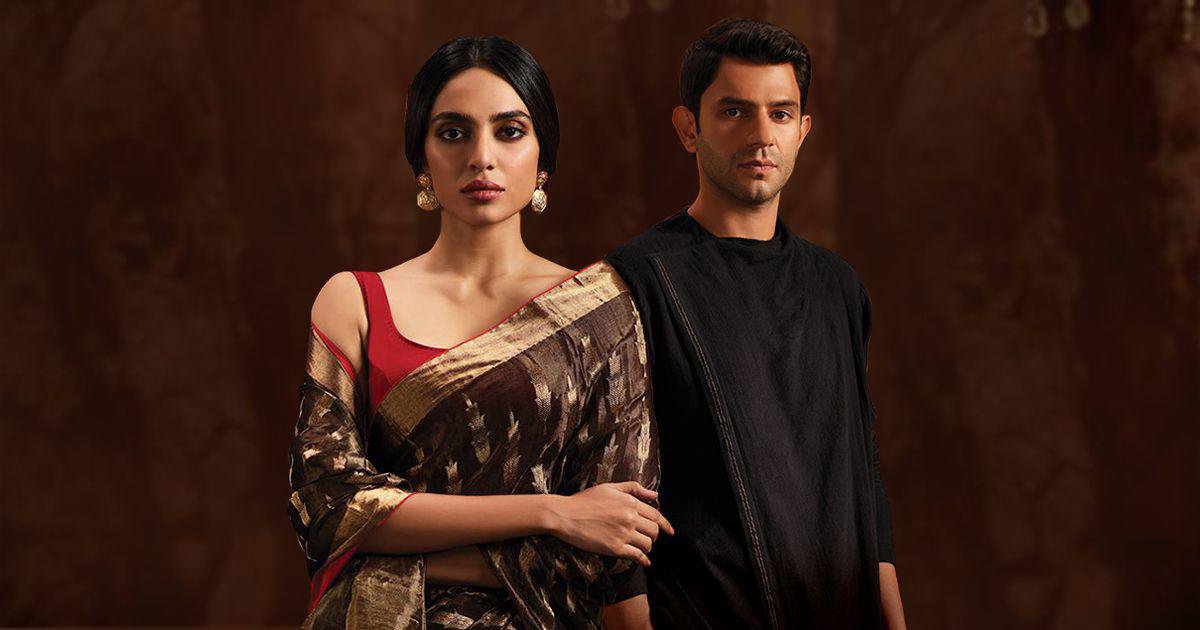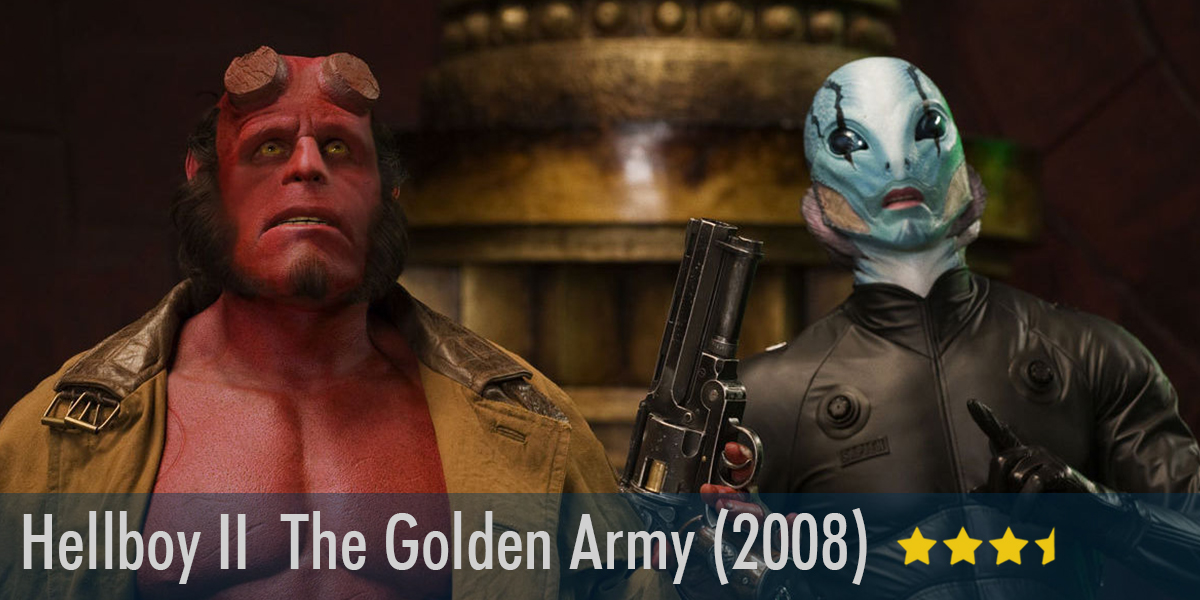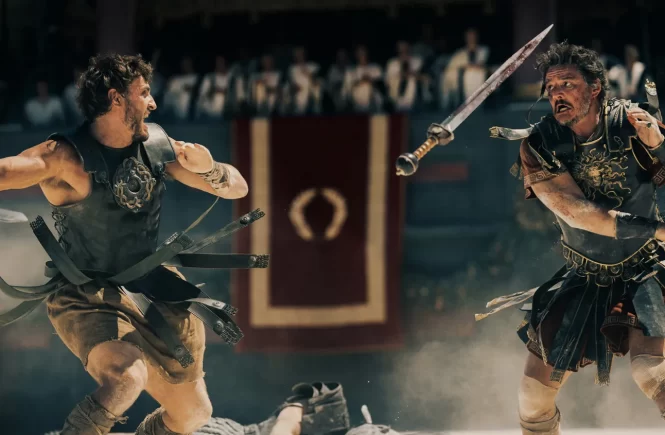“Made in Heaven”, created by Zoya Akhtar and Reema Kagti, shows modern Delhi like nothing I have ever seen before. The city is framed through the lens of a couple of wedding planners who coordinate marriages for the likes of royalty and political parties. More often than not, they are put into situations where they must interfere into the personal lives of their clients to save the wedding and, most importantly, their paycheck. Watching this series I was reminded of the Shark Tank business man Kevin O’ Leary who once said he loved the wedding business because in these events “people make stupid decisions, emotional decisions, not financial ones…”, that couldn’t be truer in India, and in this show, where we see crores being spent on one night and rash decisions being made based on customs, preservation of tradition, and cynicism that overshadow what love there may be. Weddings are a brilliant way to examine India and it’s people as they stand today and thankfully the show does a great job at it.
After Tara Khanna (Sobhita Shulipala) and Karan Mehra (Arjun Muthur) are done pitching to their first big wedding clients, they are asked if they could investigate into the past life of the bride to be, if they do it they get the job. They hesitate saying thats not what they do as it’s not morally correct but they eventually come around to it and agree as they just opened their business and need the job. It is the start of what would be a series of hesitations and moral calls that will progressively get harder to make as they do more weddings; encountering evidence of the bride sleeping with the celebrity guest, father-in-laws molesting workers, and even a drugged-up bride being forced to marry.
It’s crazy what happens in this series but nothing ever felt completely unrealistic, though the last episode of the drugged up bride was really pushing it, and a lot of that has to do with the way Delhi is presented. We see the glamour and opulence of the people of Delhi but also their underlying misery and poverty. We encounter people who care so much about what other people think that they are ready to shatter their kid’s marriage days before it is to happen, of people tightly clinging to their traditions and wealth, of people using marriage to advance their own personal agendas only to find that this wasn’t what they wanted. Most importantly, we see how the happiest day of someone’s life can get turned into one of the saddest by the very people who you are choosing to spend the rest of your life with.
The show never follows up with the couples who all eventually get married, despite the last minute close calls; however, we do get a glimpse of what life is like after marriage through the eyes of Tara Khanna, a low class girl who marries a big businessman, Adil Khanna (Jim Sarbh). We see Tara as she struggles to get pregnant and keep her husband close to her, who is also having an affair with her best friend, Faiza (Kalki Koechlin). It may be your run of the mill marriage gone wrong story but there is a lot of depth to these characters, and the way their story unfolds as Tara flashes back to how her marriage came to be, keeps things fresh.
What really sold me in this series, and what really kept it fresh, was its’ representation of homosexuality. Karan is a homosexual and through his eyes we see the kind of love and drama he has to deal with, how he is viewed and treated like, and through another series of flashbacks, what being a homosexual as a kid is like. It’s all stuff that hasn’t been properly dealt with in the past, not only in Indian television, but even Indian movies, and to see it being displayed here with such care and detail is quite amazing. That this series doesn’t hold back on it’s profanity and nudity is also refreshing but might end up hindering the message it is trying to put forth to the people that need to hear it.
I’ve seen many comments that say this series is wrongly depicting Indian culture, to that I completely disagree, I think it’s presenting it as it really is. Many current television series often depict marriages and weddings inconsistently, with most conflicts ending quite happily in a very “family-friendly” way, this show is simply not that. Though it deals with some of the same themes that these other shows touch upon, here they are taken much deeper and come to greater fruition. Furthermore, none of the sex is blindly depicted, there is a reasoning behind showing these scenes that begins to make sense as you come closer to the series finale. These scenes are used to paint pictures of the pleasure, grief and control that the characters in this series feel. That it takes awhile for these scenes to come together is fine with me but I suspect will not be to many viewers who are looking to watch light television, needless to say this isn’t that.
In the end what “Made in Heave” comes out to be is something quite unique. It’s a depiction of a part of Indian culture as it is now, which can be quite hard to accurately do. Sometimes this show has a tendency to over exaggerate and stereotype some of the characters it presents, but largely to me, as someone from the outside looking into the wealth, just like Tara and Karan, it seems pretty accurate if not atleast brutally honest. If Zoya and Reema end up making another season to this, I’ll be pretty interested to see where they take what they have built up so far, maybe they’ll delve into more Indian taboos and culture, who knows but I’ll certainly be watching.




